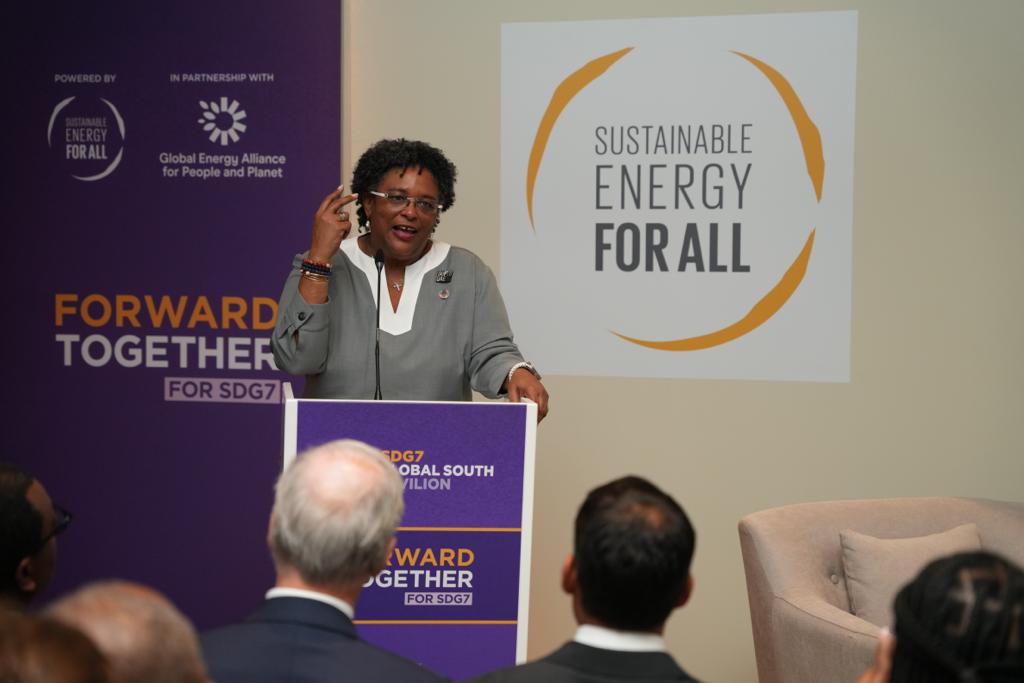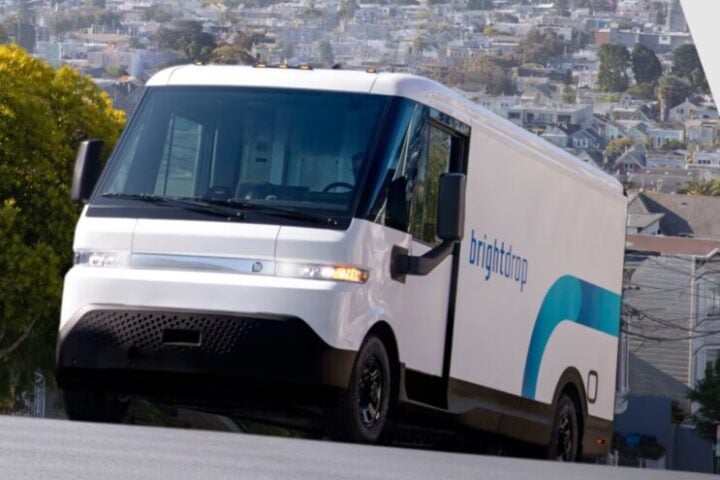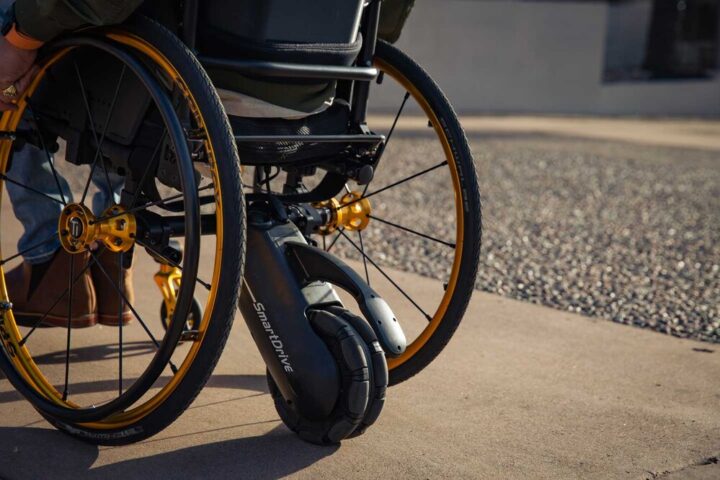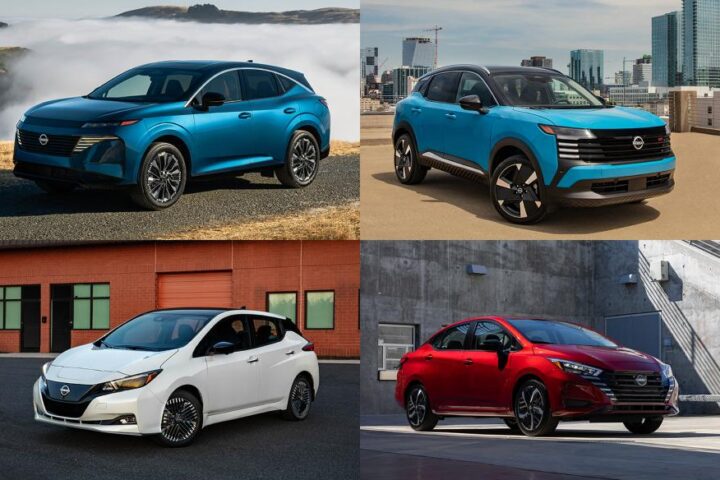The world of renewable energy is buzzing with the latest developments from the Global Energy Alliance for People and Planet (GEAPP). At the heart of these advancements is the Battery Energy Storage Systems (BESS) Consortium, an ambitious project uniting countries and organizations to push the frontiers of energy storage and renewable energy. Let’s break down what’s happening in simpler terms.
What’s the Buzz About?
The BESS Consortium is a big deal. It’s a group effort with 11 countries (Barbados, Belize, Egypt, Ghana, India, Kenya, Malawi, Mauritania, Mozambique, Nigeria, and Togo) joining hands. They’re backed by powerhouse organizations like the African Development Bank, the World Bank, and many more. The goal? To ramp up energy storage with a 5 gigawatt (GW) target by 2024.
Why Battery Storage?
Think of battery storage like a giant power bank. It’s crucial for managing the ups and downs of renewable energy (like solar and wind). By storing energy when there’s excess and releasing it when needed, these systems make renewable energy more reliable and efficient.
Similiar Posts
The Big Picture
This isn’t just about storing energy. It’s a strategic move to boost renewable energy globally, aiming for a staggering 400 GW by 2030. This aligns with the United Nations Sustainable Development Goal 7 (SDG7) and takes a serious swing at energy poverty.
The Challenges
Despite its promise, the path to widespread BESS adoption isn’t smooth. Issues like policy barriers, high costs, and complex project management are real headaches. But there’s hope: the World Bank and ESMAP have put together guidelines to help navigate these challenges.
Impact on the Ground
Take Malawi, for example. They’re working on a 20MW BESS project, eyeing a brighter future for 3 million people by 2030. This means better power stability and a significant reduction in CO2 emissions.
Expert Voices
Jonas Gahr Støre, Norway’s Prime Minister, emphasizes the need for speed and scale in these initiatives. Dr. Rajiv J. Shah from The Rockefeller Foundation points out the necessity of BESS in achieving renewable energy goals. Joseph Nganga of GEAPP highlights the tangible progress being made, like the Malawi project.
Looking Ahead
As we head towards COP29, the BESS Consortium’s progress will be a key focus. It’s about transforming energy systems in lower-income countries, making clean power more accessible, and tackling the climate crisis head-on.

















